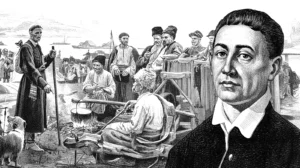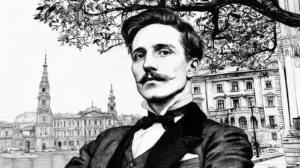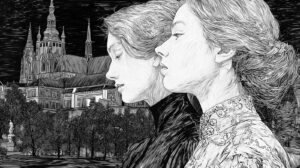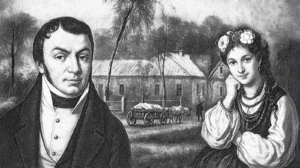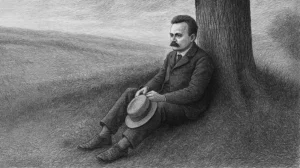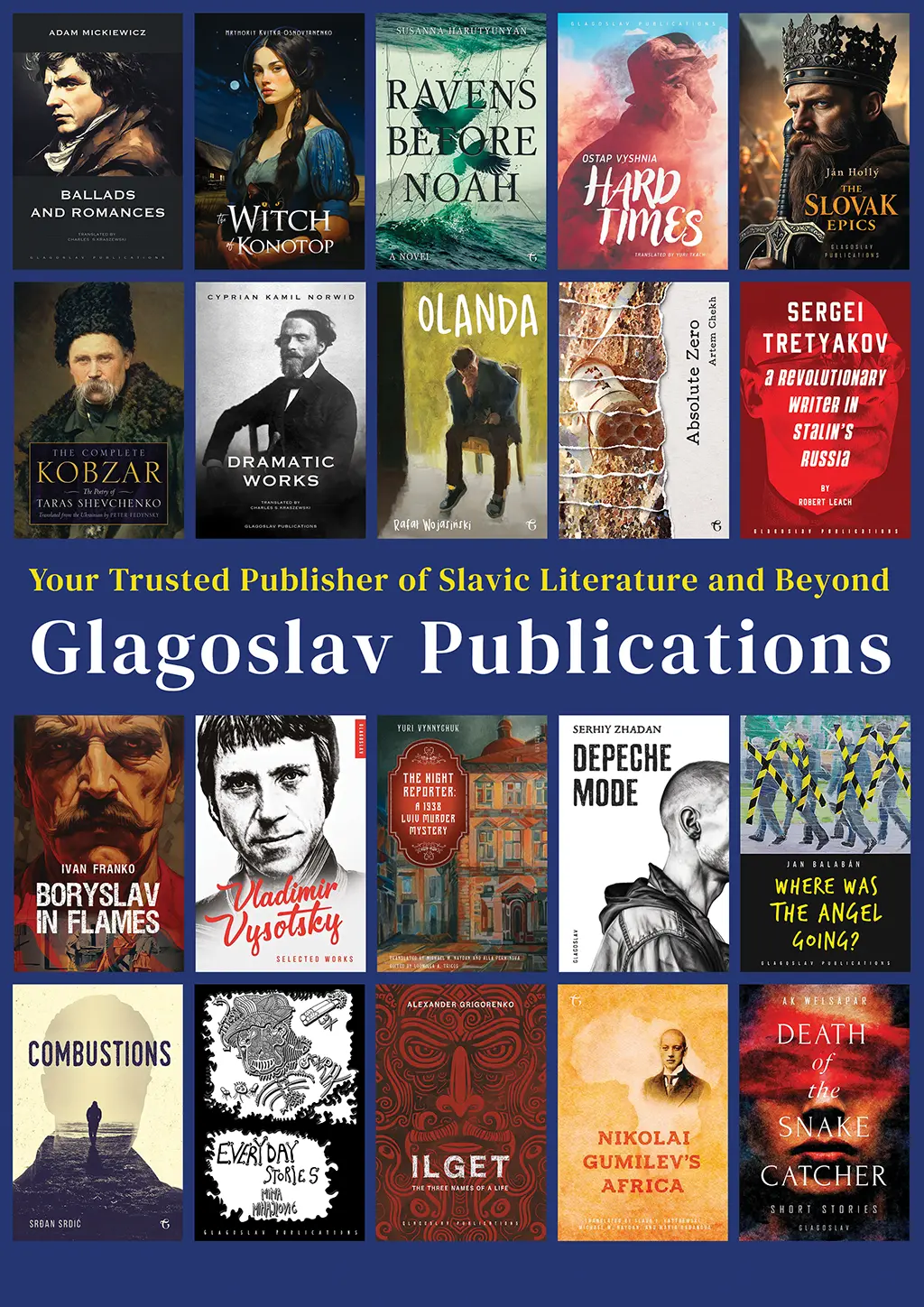Our Blog
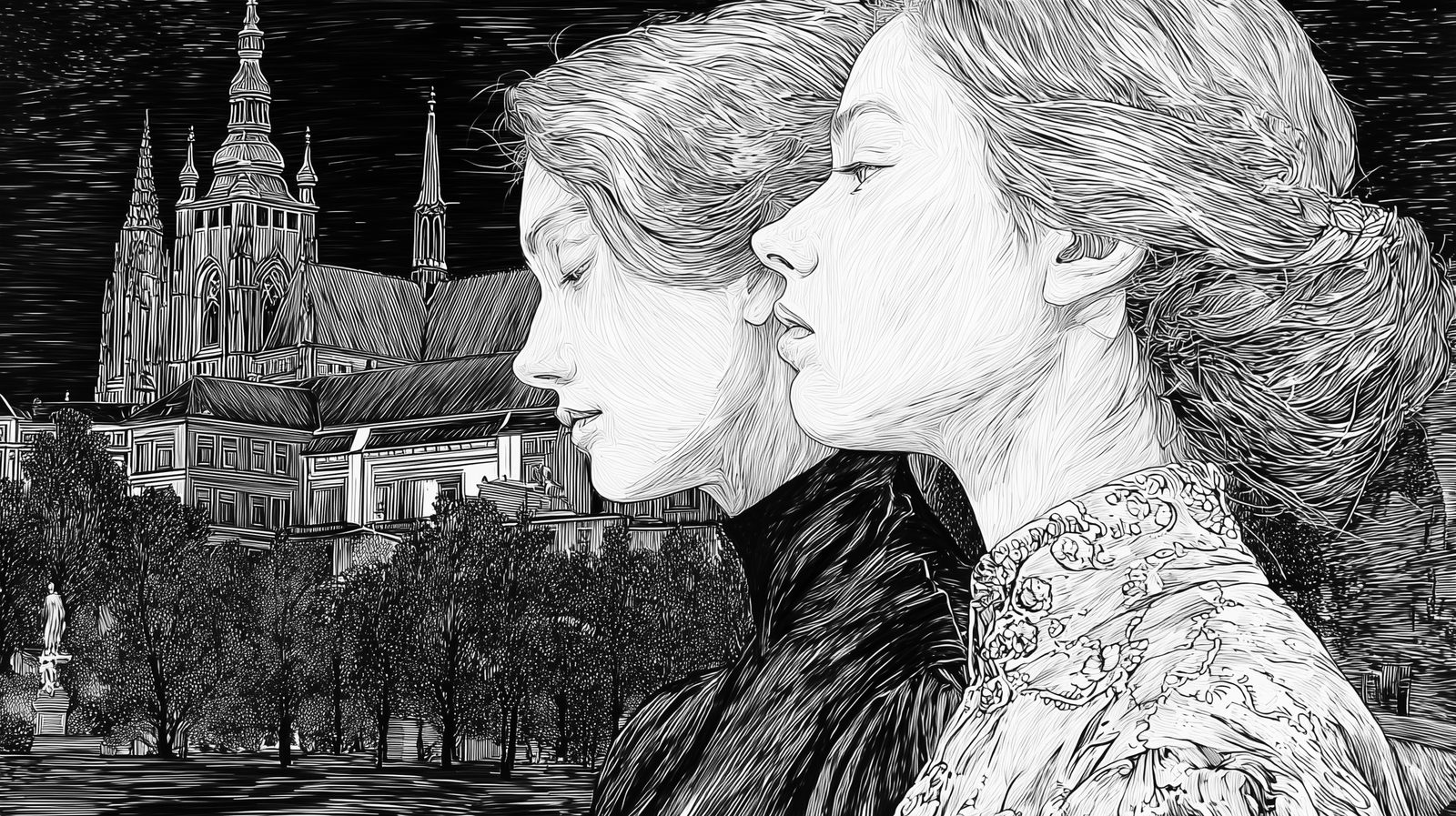
Women Writers of 19th-Century Eastern Europe
An Introduction to the Unseen Canon
In the grand library of 19th-century European literature, certain shelves are brightly lit. We know the Brontës, we know George Eliot, we know George Sand. But turn your gaze eastward, to the sprawling, shifting lands of the Austro-Hungarian, Russian, and Ottoman empires, and you’ll find a library wing that has, for too long, remained in the shadows.
Here, a remarkable cohort of women writers—from Czechia, Poland, Ukraine, Romania, and beyond—were quietly forging a literary revolution. Long before they could vote, own property freely, or attend university, these women wielded the pen not just for art, but as an act of profound cultural and political defiance. Through folklore, sharp-eyed realism, and daring modernist prose, they crafted narratives that questioned everything.
This is not merely a list of forgotten names. It’s an invitation to rediscover the essential voices who helped write their nations, and womanhood itself, into existence.
A Pen Against an Empire: The World They Wrote In
Imagine writing not just against the grain of patriarchy, but against the crushing weight of an empire. For most of these authors, the 19th century was a landscape of partitions, uprisings, and stifling censorship. Germanisation and Russification policies sought to erase their native languages and cultures.
In this world, a woman’s place was firmly in the home, and her education was rudimentary at best. Publishing was a gentleman’s club. Yet, it was precisely from the domestic sphere that these writers drew their strength. The rise of literary salons, journals, and a growing hunger for stories of national identity created a narrow but vital opening. They cloaked searing social critique in sentimental tales, used folklore to preserve a supressed heritage, and proved that the “private” world of women was, in fact, the crucible of national identity.
Meet the Trailblazers: Five Voices You Need to Know
Božena Němcová (1820–1862): The Soul of Czechia
Often called the mother of Czech prose, Božena Němcová is a figure of almost mythic status. Her masterpiece, Babička (The Grandmother), is more than a novel; it’s a cultural touchstone. It paints an idyllic portrait of rural life, but beneath the luminous, ethnographic detail lies a powerful argument: that the heart of Czech culture beats strongest not in palaces or parliaments, but in the wisdom of its matriarchs. Her private letters, however, reveal a fiercely independent proto-feminist, trapped in an unhappy marriage and battling poverty, who poured all her hopes for a better world into her work.
Eliza Orzeszkowa (1841–1910): Poland’s Positivist Powerhouse
Twice nominated for the Nobel Prize in Literature, Eliza Orzeszkowa was a titan of Polish Positivism—a movement championing reason, education, and “organic work” as the path to national liberation. After being exiled for her role in the 1863 January Uprising against Russia, she turned her aristocratic estate into a hub of intellectual activity and her pen into a surgical tool. Novels like Nad Niemnem (On the Niemen) are sweeping social panoramas that celebrate hard work, condemn social hierarchies, and foreground the vital economic and moral role of women in a nation struggling for its soul.
Olha Kobylianska (1863–1942): Ukrainian Modernist Visionary
In the western Ukrainian lands of Bukovyna, then under Austro-Hungarian rule, Olha Kobylianska was crafting a literature of astonishing psychological depth. A self-taught intellectual fluent in German and influenced by Nietzsche and the burgeoning women’s movement, she was unafraid to explore the raw, untamed territories of female desire and ambition. Her works, such as Tsarivna (The Princess) and the stunning novella Zemlya (The Earth), fuse a dark, gothic sensibility with the vibrant folklore of the Carpathian Mountains, creating a powerful, unflinching portrait of women straining against the limits of their world.
Carmen Sylva (1843–1916): The Queen Who Wrote
Perhaps the most famous, yet most paradoxical, figure here is Queen Elisabeth of Romania, who wrote under the pseudonym Carmen Sylva (“song of the forest”). A German princess by birth, she embraced her adopted homeland, promoting Romanian folklore through a vast collection of poems, plays, and fairy tales published in multiple languages. While her work could be romantic and idealized, her platform was undeniably powerful. She acted as a cultural ambassador for a young nation, using her royal status to legitimise artistic pursuits for women and to champion charitable causes.
Teréza Nováková (1853–1912): Czech Chronicler of a Changing World
A key figure in the Czech realist movement, Teréza Nováková was a meticulous social chronicler. While Němcová idealised the past, Nováková dissected the present. Her novels, often set in the remote villages of Eastern Bohemia, are forensic examinations of the harsh realities facing rural communities: patriarchal oppression, religious hypocrisy, and the crushing poverty that forced so many to emigrate. In works like Jiří Šmatlán, she gave voice to those trampled by progress, particularly the women whose lives were governed by forces far beyond their control.
Threads of a Revolution: Key Themes in Their Work
Though they wrote in different languages and contexts, their works are woven together with common, powerful threads.
The Mother Tongue as a Fortress
In empires that sought to impose a single, dominant language, writing in Czech, Polish, or Ukrainian was an act of political preservation. These authors filled their pages with regional dialects, folk idioms, and local myths, transforming their novels into living archives of a culture under threat.
A Room of One’s Own, A Nation of One’s Own
Their proto-feminism was inextricably linked with nationalism. They argued that a nation could never be free if half its population was not. By exposing the injustices of inheritance laws, arranged marriages, and the lack of education, they made a case for women’s liberation as a vital step toward national sovereignty.
The Domestic as a Political Arena
These writers masterfully demonstrated that the “small” world of the home—the kitchen, the nursery, the manor—was anything but. It was a microcosm of the state, a place where values were forged, traditions were passed down, and resistance was nurtured. They elevated domestic labour and emotional intelligence into acts of nation-building.
Their Ink, Our Legacy
The impact of these trailblazers was monumental. They established women’s literary societies in Prague, Warsaw, and Lviv, professionalising the craft for the generations that followed. Their work was translated across the region, creating a cross-border dialogue that enriched and emboldened each national literature.
They laid the cobblestones on the road that later, more famous writers would travel. Today, as scholars and readers look beyond the established Western canon, these are the names that re-emerge—vital, brilliant, and more relevant than ever.
A Concluding Thought
The women writers of 19th-century Eastern Europe did more than just write stories. They forged literary passports for themselves and for their people. They proved that even from the most constrained of circumstances, a powerful voice can echo across centuries.
Reading them today is to do more than fill a gap in history; it is to witness the birth of a modern consciousness and to discover a blueprint for resilience, artistry, and courage that feels utterly timeless.
Related articles
Latest articles
